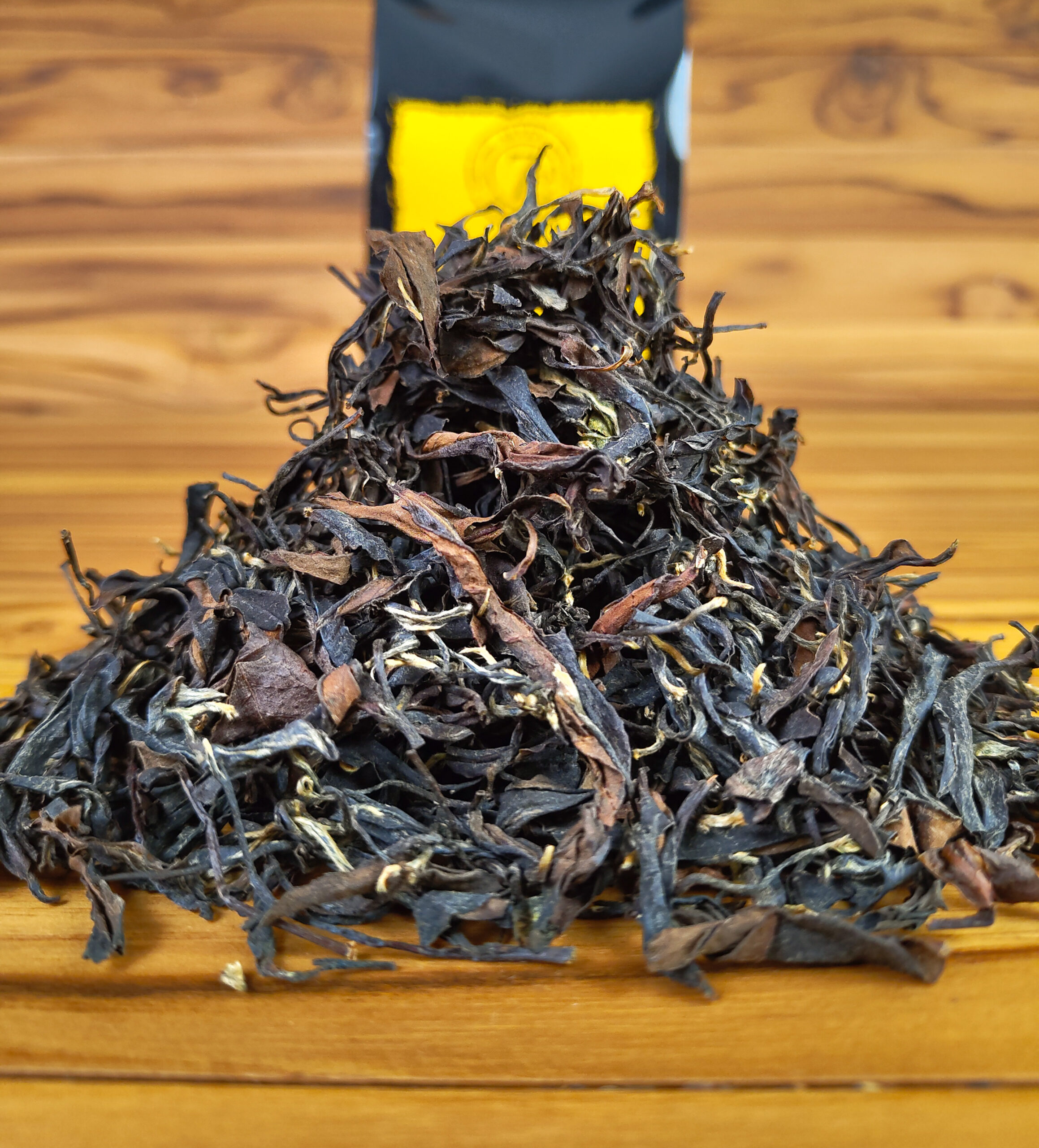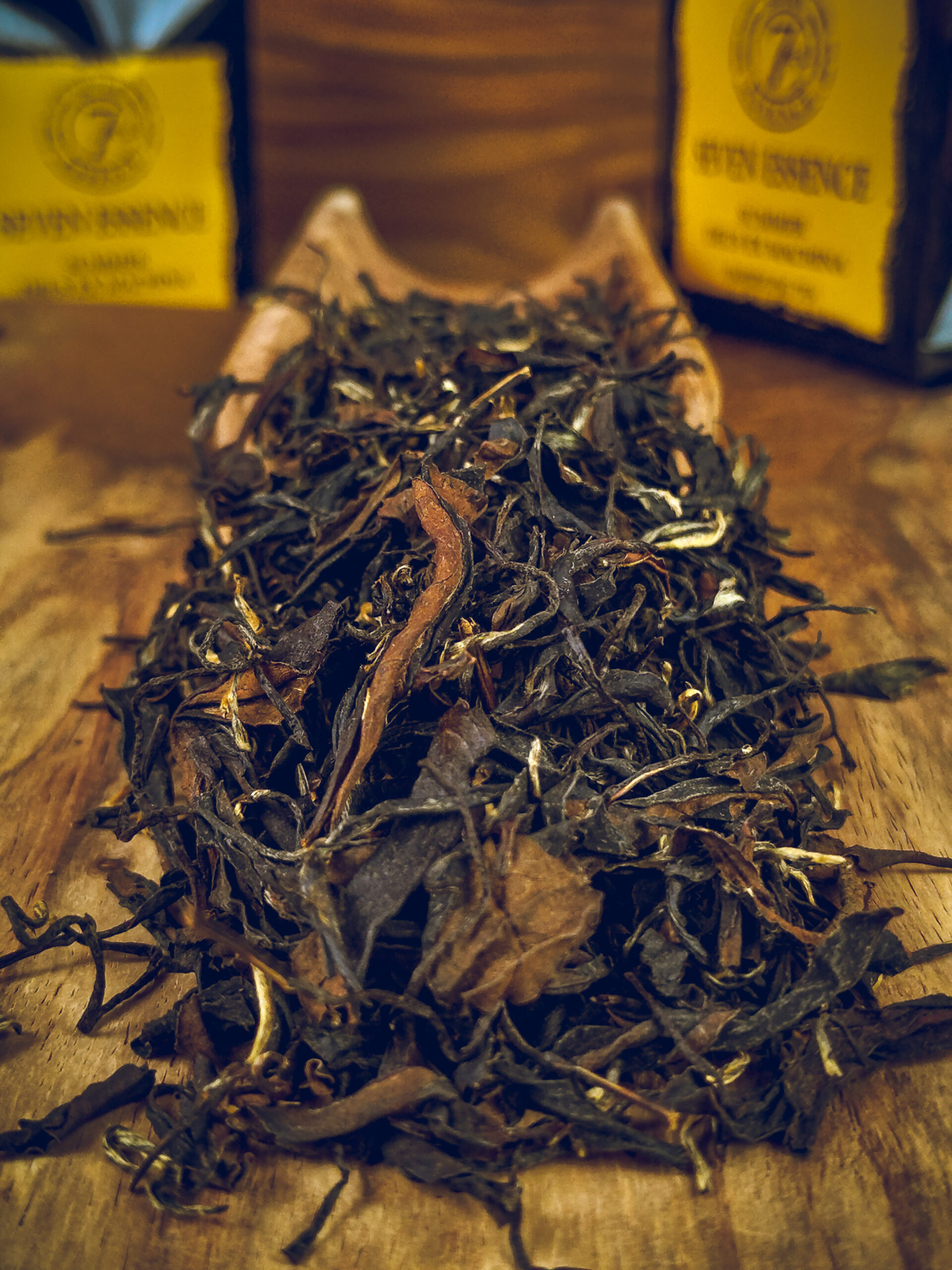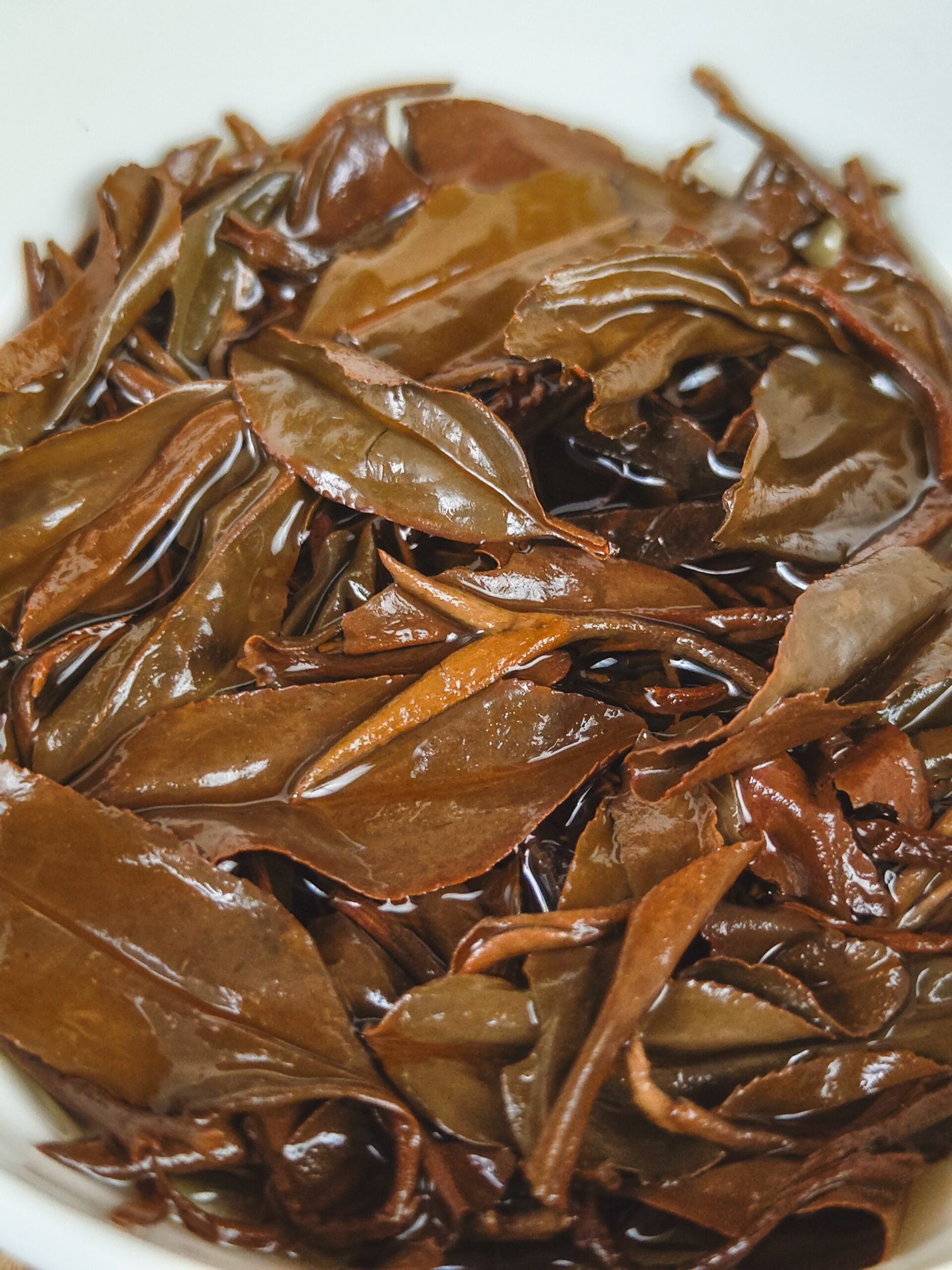Literally translating to ‘God from a machine’, Deus Ex Machina was the part in Greek theater where an actor dressed as God, was lowered on stage using a mechanical Crane to intervene and untangle a plot -hence ‘God from a machine’. In modern times, it’s a literary device, wherein the crisis is ended by the arrival of a solution from outside the logic of the plot. Often considered lazy and insulting right from the times of Aristotle to Nietzsche – who believed it caused the death of tragedy in plays as ‘such false consolations robbed one of experiencing the music in tragedy’- it’s best advised not to be used in literary plots. Sometimes ‘what-it’s-not’ is a better explanation of ‘what-it-is’. In more contemporary times and with perhaps a less sincere wish to hear the music in tragedy, it is when at the climax of a movie we go “Are you kidding me!!??”
It’s easy to debate what constitutes a Deus Ex Machina; what really makes it different from chance or luck, both in fiction and in real life. The problem with fiction is that it needs to make sense in an acceptable ‘real-life’ way and real-life doesn’t have much allowance or acknowledgement for seeing the ‘Hand of God’ in ‘Holy Shit! impossibilities’ and unlikely situations resolved by even more improbable occurrence of events.
Why ‘Deus Ex Machina’ is a better question: Because we are good at entanglements, but not resolution, and make a mess of the plot. Because Prometheus brought blind hope to settle in our hearts, and we stopped fearing the inevitable. Because it better describes a ‘Holy shit! impossibility’. Because if you take all of those 15 billion years of the Universe and compress it into a single calendar year, so that the Big Bang happens in the first second of January 1st and the universe ends at midnight on December 31st, then the Milky Way doesn’t form until May and our sun and earth, they don’t show up until mid-September – life appears soon after, but not us – we appear on December 31st – last day on the calendar, and the very first human beings on Earth make their debut around 10:30 p.m. At 11:46 p.m., with only 14 minutes till the end, humanity tames fire and now we’re out of minutes, we’re into seconds – At 11:59 and 20 seconds, the domestication of plants and animals begin and at 11:59 and 35 seconds, agricultural communities evolve into the first cities. Our recorded history, everyone we’ve ever heard of, every single thing in any one of our history books… happens in the last 10 seconds. The last 10 seconds of the last minute of the last day on the calendar! Because, right now – as we sit drinking our tea; as this moment stretches into the next – is all happening in the last split second, the microsecond and we have no idea how long that microsecond is? Maybe eons. Maybe not. We have no idea what the plot is – just that we’re actors and more often than not, don’t act our part very well. So, why not Deus Ex Machina?
Maybe, an even better question is ‘Who is ‘Deus Ex Machina’ – God from the machine?’
Hard to say, but It was definitely ‘chance’ – a word for nature’s ability to surprise us – and not Deus Ex Machina that the Bhime cultivar was discovered in the 90’s, growing wild in an abandoned tea plantation of Darjeeling. Deus ex Machina could be how the cultivar itself came to exist or the unmistakably singular flavor, it yields – as if touched by something outside the plot of Darjeeling – making it radically different, even in the already complex flavor profile of Darjeeling or maybe it’s just us – the Deus Ex Machina, that finally untangles and resolves the complex plots of tea!
Just like us, the Ex Machina is distinct – both complicated and unresolved. There is definitely a plot; some device, literary or otherwise, to its flavors. The dry leaves – larger in size than the Summer Albi and Scorsese Red – are fully oxidized and smell of Coffee, Chocolate and Black Forest cake. The brew is thick, full bodied and bright red in color. Sweetness dialed down with an unmistakably Peppery- Buttery taste mixed with Coconut and Cocoa, the Ex Machina sits on the palate with a thick and silky texture.The undeniably Sweet-Peppery profile is what makes this wild cultivar distinct. Even if the imagery escapes us, the very finely balanced Cherry-Vanilla, Chocolate-Vanilla and Cinnamon-Vanilla repetition in its notes will definitely inspire you with vivid references. Paul McCartney, upon listening to a guitar riff once passingly remarked “Oooo- that sounds expensive!” – this definitely tastes expensive, with its woody, fruity and slightly Musky, Whiskey-like vibe. It cools down to a muskier aroma and smell of, say, expensive aftershave. There is this baffling taste of seawater, that comes and goes – something it leaves unresolved.
A German philosopher once said “Wild is the proximity of the sacred”. The Deus Ex Machina comes bearing the same difficulty to resolve the wild and sacred.










Reviews
There are no reviews yet.